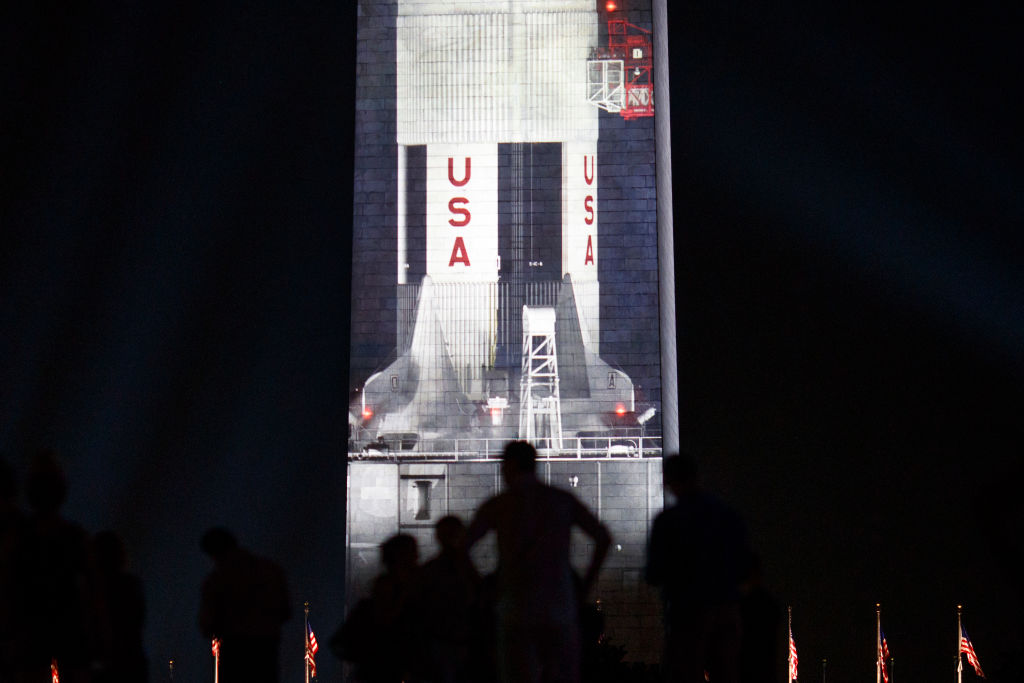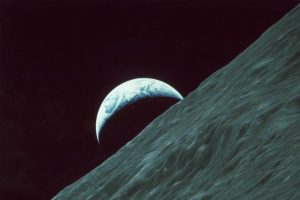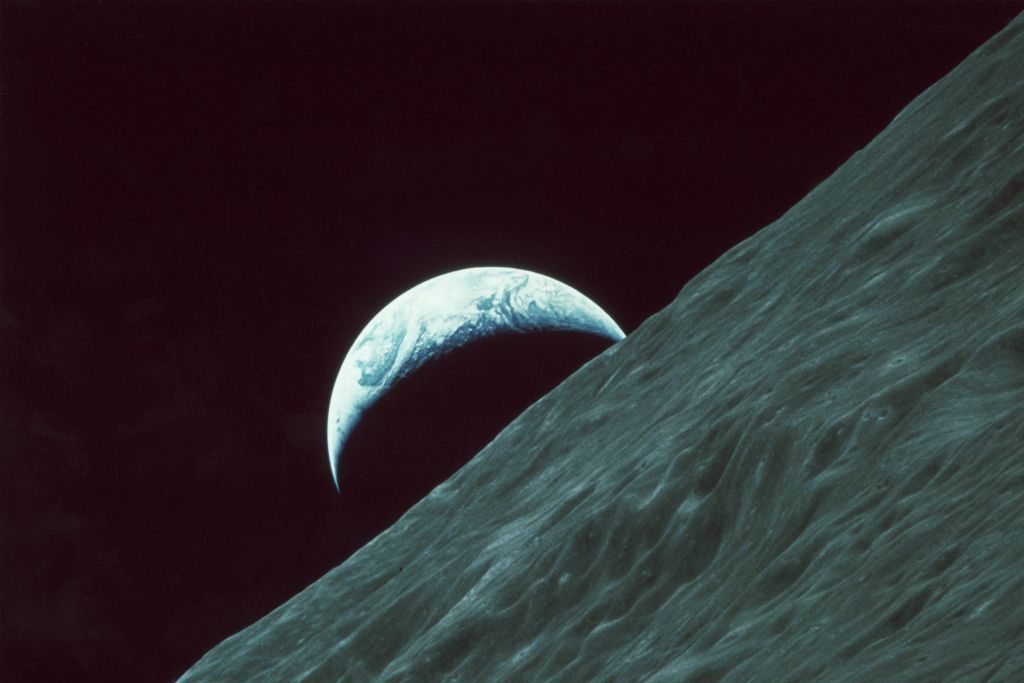If you do ever find yourself in Moscow with a spare morning or afternoon to discharge, might I recommend a visit to the Museum of Cosmonautics? Roosting below the grandly named ‘Monument to the Conquerors of Space’, the frigid, rather shabby rooms of this museum contain exhibits that are as moving as anything that’s ever been placed in a glass box for tourists to gawp at.
When you consider that Soviet Cosmonauts ‘touched the face of God’ using crude, dangerous technology that contained less processing power than the average contemporary fridge – when you consider the sheer bravery of men like Gagarin, Belyayev and Komarov – the major response is (and ought to be) pride. Pride on a human level, that is to say, a species-level pride. Accepting the risk of sounding romantic, the work of the Cosmonauts (and their American counterparts) are achievements that tower over the rest of the 20th century.
Of course, it would be entirely possible, perhaps even justified, to walk through these exhibits asking difficult questions. What about the system that created and sustained Yuri Gagarin? What about the gulags and slave labor and Solzhenitsyn? What about structures and power and corruption and Nazi rocket scientists? Don’t these matters strip away some of the mythic velvet that tends to clothe space exploration, whether it is undertaken by Soviets or Americans?
This weekend the world will celebrate the 50th anniversary of the Apollo 11 moon landing. The usual suspects are preparing their difficult questions. At this point it seems unlikely that any anniversary can be celebrated without two semesters worth of quizzical historical ‘context’ being dumped on it. (I was mordantly surprised that the 75th anniversary of D-Day went by without some half-baked complaint in The New York Times about the damage done to nesting seabirds by the landing brigades on Omaha beach.)
For The Washington Post ‘the culture that put men on the moon was intense, family-unfriendly, and mostly white and male.’ Over in The New York Times ‘The Apollo program was designed by men, for men. If we do not acknowledge the gender bias of the early space program, it becomes difficult to move past it.’ The Guardian has a long report on why ‘Apollo 11 looked so different to black America.’ Apparently, ‘the Apollo project gave every impression of being a project of white America.’ Whitey was prepared to spend billions rocketing to the moon while being parsimonious with the poor.
There is a certain logic to all this. When Matthew Boulton began financing James Watt’s steam engines in the 18th century there were many wretched and indigent people scratching a living in England at that time. Perhaps he ought to have shared his wealth with them instead. Some decades later, was it really right or just for Isambard Kingdom Brunel to build his fancy bridges when he could have used his talents to build homes for the poor?
Viewed from the eyrie of the present year the past is so much clearer. All the eccentrics, all the tinkerers, the natural philosophers and engineers, all the arithmetical talents and mathematical geniuses of history should have been exclusively dedicated to solving problems of social justice, as defined by the chic fashions of the year 2019. Elon Musk, if you’re reading: forget about colonizing Mars, there are freelance writers in Brooklyn who aren’t able to get proper union representation.
The ‘whiteness’ and ‘maleness’ of the Apollo 11 landing and NASA as a whole have been exhaustively ‘deconstructed’. That female African American mathematicians made decisive contributions to early space flights in spite of the racism and sexism of the time is a matter of record and the subject matter of the movie Hidden Figures (2016). The story of the Mercury 13, a coterie of female test pilots during the Sixties, was also made into a documentary by Netflix last year. None of this is news, unless you’re a commissioning editor at one of America’s prestigious daily papers.
This kind of spoiler alert, the past was actually awful approach to history is quite unnecessary. You don’t have to be steeped in Thucydides to know that history usually gallops towards cruelty and slaughter. Peoples and nations are crushed with alarming regularity, often for obscure and pointless reasons. You don’t have to know much to know that the space race was itself an outgrowth of an atomic confrontation that could easily have ended most life on this planet many, many times over.
Our species has trundled out too many Halloween ghouls and sick tyrants to count. And yet, isn’t it quite thrilling and consequential to point out (as J.G. Ballard once did) that a cosmic 50,000 years from now the only human being from our time certain to be remembered was born on August 5, 1930, near Wapakoneta, Ohio. And if they don’t remember his name, they’ll surely remember what he said:
‘That’s one small step for man. One giant leap for mankind.’
It’s hard to escape the feeling that whoever exists in that far future won’t be too bothered about whether Neil Armstrong was white or male or even American.
What he did was far more important than who he was.

























